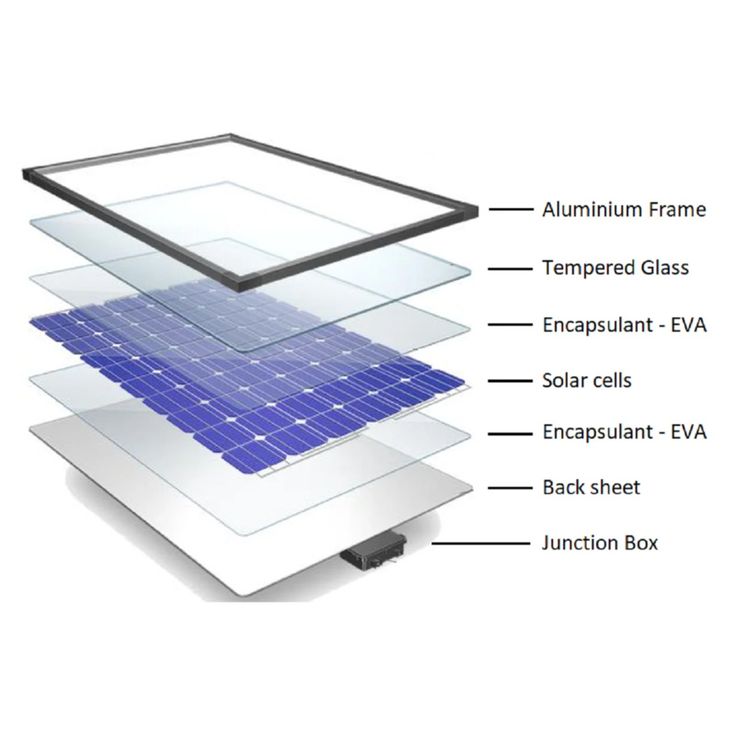Solar Water Heater

Solar Water Heater Overview
A solar water heater is an eco-friendly and energy-efficient system designed to utilize solar energy to heat water for residential, commercial, or industrial purposes. This system significantly reduces electricity consumption and contributes to a sustainable lifestyle by harnessing renewable energy from the sun.
Key Components of a Solar Water Heater:
Solar Collectors:
- Absorb solar energy and convert it into heat.
- Types:
- Flat Plate Collectors: Consist of a flat, insulated panel with a glass cover.
- Evacuated Tube Collectors: Comprise multiple glass tubes with a vacuum layer for better insulation.
Storage Tank:
- Insulated tank to store heated water, maintaining its temperature for extended periods.
Circulation System:
- Transports water between the collector and the storage tank.
- Types:
- Active Systems: Use pumps for circulation.
- Passive Systems: Rely on natural convection.
Controller and Sensors (in advanced systems):
- Monitor temperature and automate water flow for optimized performance.
How It Works:
- Solar collectors absorb sunlight and heat the water directly or via a heat transfer fluid.
- Heated water (or fluid) is transferred to the storage tank for use.
- The system provides hot water for applications like bathing, cleaning, and industrial processes.
Benefits of Solar Water Heaters:
- Energy Savings: Drastically reduces electricity or gas bills.
- Eco-Friendly: Minimizes carbon emissions and environmental impact.
- Low Maintenance: Requires minimal upkeep and has a long operational lifespan.
- Cost-Effective: Offers a quick return on investment with government subsidies and incentives in many regions.
- Reliable: Provides hot water even in remote areas with no electricity access.
Applications:
- Residential: Hot water for bathing, washing, and household needs.
- Commercial: Hotels, hospitals, and schools for large-scale water heating.
- Industrial: Processes requiring heated water, such as food processing and textile industries

